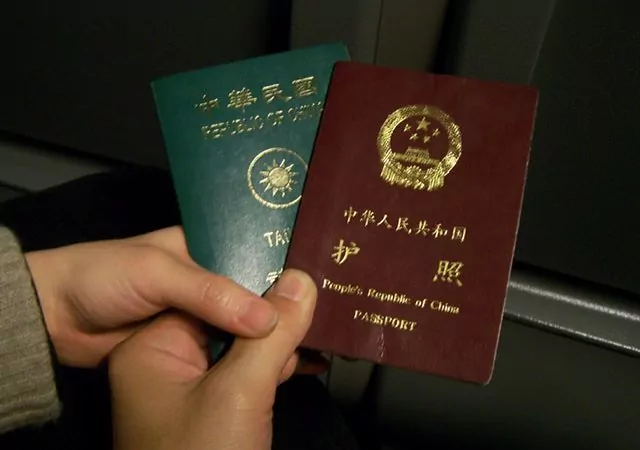
Jus Solis Citizenship In The United States
Baby Tourism As Legacy Planning
When we were living in Ireland, that country still offered jus solis (right of the soil) citizenship. It was the last Western European country to do so. If you were born in Ireland, you were automatically a citizen. That’s how our son Jackson got his Irish citizenship… by being born on the island.
One perk at the time of having a child born in Ireland and receiving automatic citizenship was that the parents of any such child could stay in Ireland and work. When Jackson was born, we switched our residency status from what we’d organized through the Irish Development Agency that had sponsored our move to the country to “parents of an Irish-born child” status, which eliminated the need to renew our work permits each year. Our residency status still had to be renewed annually, but it was an automatic process.
The right of parents of Irish-born children to live and work in Ireland was a loophole to European Union residency that attracted many pregnant women to the island. Specifically, an influx of refugees from Africa began arriving in the country while we were living there. They sought asylum, and then, while their cases were being considered, they gave birth. With her new Irish citizen in tow, each mother could apply to switch her status to that of parent of an Irish-born child (just as we had done) and remain in the country permanently.
The volume of refugees working the system in this way created enormous pressure in this little country. Ireland’s social welfare programs and systems couldn’t support all the added demand. However, the jus soli provision was written into the Irish constitution, meaning that a constitutional referendum was required to eliminate it. Finally, this happened in 2004. Since then, children born on the island have no longer been granted automatic Irish citizenship.
However, all of the children who had been born of the refugees before the change in the constitution kept their citizenship. Their parents had succeeded in securing what they perceived to be better futures for them.
The same thing is happening in an organized way today in the United States. The mothers in question in this case aren’t from Africa but China. The number of pregnant Chinese women flying to the United States to give birth more than doubled from 2008 to 2012, to around 10,000.
While, like Ireland pre-2004, the United States grants jus soli citizenship to any child born in the country, it, unlike Ireland, does not give any status to the kid’s parents. In other words, foreign parents of a U.S.-born child receive no automatic right to live and work in the United States. The Chinese mothers know this, yet they still spend a lot of money to make the trip and have their babies on U.S. soil.
They are planning for the future—the futures of their children, but also the futures of their families. When a child with this status reaches the age of 21, he can sponsor his parents for U.S. residency.
While 21 years may seem like a long time to wait to us Westerners, remember that Chinese dynasties can last more than 1,000 years. Planning 21 years in advance isn’t such a big deal in that context. It also doesn’t mean absolutely that the parents or even the child will want to live in the United States. It’s simply creating the option. The Chinese making this decision weigh the potential benefits against the costs. The options and the opportunities that a U.S. passport could open up are calculated to be worth the associated travel and expense for the parents.
This kind of legacy planning is more than most of us engage in. We didn’t plan for my wife to give birth to Jackson on Irish soil specifically so that he’d gain Irish citizenship. I wish I could report that we’re that far-thinking and organized, but, the truth is, it just happened that we were living in Ireland when Jackson was born.
What about the children you’ve already had? It may still be possible to help them obtain second passports through naturalization. This requires a minimum period of residency in any given country and is a long-term investment. Speaking as a father, I’d say it’s one of the most worthwhile investments you could make.
Lief Simon
“Lief, where did you get the idea that most counties tax residents on their worldwide income? There are currently only two countries in the world that tax their citizens and permanent residents on their income no matter where it’s earned, and one of them is the United States. This is call Residence Based Taxation, or RBT. I have heard China is following in the U.S.’s footsteps to tax its citizens anywhere they live. China is also looking at the U.S. FATCA and implementing their version of it.”
F.W.
You’re missing a critical distinction. I reported that most countries tax their RESIDENTS on worldwide income, and this is indeed the case. If you live in a country, that country is going to tax you on your worldwide income. This is the reality for most of the world.
The United States, however, also taxes its CITIZENS on their worldwide income no matter where those citizens live.
You’re confusing the two concepts even in your email.



